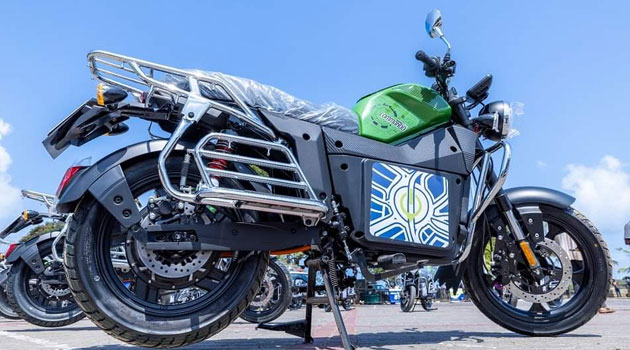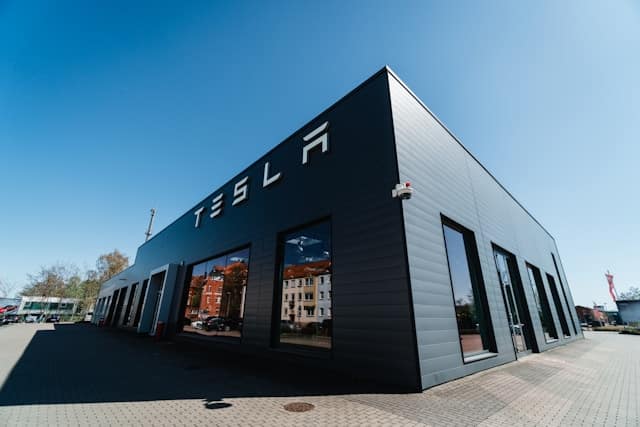- EV company Spiro has expanded into Ogun State, Nigeria, aiming to electrify mobility in the country.
- With its electric vehicles and battery-swapping technology, Spiro plans to operate across various local governments in the state.
- This move follows a six-month-old proposal and has received endorsement from Governor Dapo Abiodun.
The two-wheeler EV manufacturer, renowned for its state of Charge (SoC) technology, says it allows riders to utilise its swapping stations, fast and slow chargers, and remote (home) charging solutions, which increases the riding experience and enhances a green mode of transport.
Having over 18,000 electric motorbikes already installed across sub-Saharan Africa — Togo, Benin, Uganda, Kenya, and Ghana — the EV company hopes to deploy its services across eight districts in Nigeria, including Abeokuta, Lagos, Abuja, and Oyo states.
Founded in 2019, Spiro was formerly called M Auto Electric, which grew on the streamlining of the auto-rickshaw industry and gender inclusion in the transportation sector for 8 years.
The SoC billing system ensures that customers only pay for what they use as the system calculates the exact amount of new charge in the battery rather than assuming a full battery irrespective of its usage.
The preliminary phase in Abeokuta included three swap stations at MKO Abiola stadium, Pansheke skating ground, and Oke Sokori, with a 24 battery chargeable service for each station making a total of 72 chargeable batteries across the three locations.
To accelerate access to this clean energy technology, Spiro has partnered with Max, Dot, and Onocon who share a similar vision of clean green energy technology for sustainable transportation.
In May 2024, Spiro signed a $50 million debt financing agreement with Afreximbank, a pan-African supranational multilateral financial institution, to accelerate expansion into Cameroon and Morocco.
With a 7% annual rise in greenhouse gas emissions, adopting electric vehicles in Nigeria will enhance urban air quality, cut reliance on imported fuels, and support climate mitigation goals by aiding in the decarbonisation of transportation.











